White House: Leaked documents real
The White House says tens of thousands of documents from the war in Afghanistan could place U.S. and coalition forces and others in greater danger.
Tuesday, 27.07.2010.
10:09

The White House says tens of thousands of documents from the war in Afghanistan could place U.S. and coalition forces and others in greater danger. The documents were released by the WikiLeaks website and published in major newspapers. White House: Leaked documents real The subject dominated Monday's White House news briefing. The documents, secret field reports covering the period from 2004 to 2009, which were published by major newspapers in the United States, Britain and Germany, paint a sometimes grim picture of the challenges facing U.S. and NATO forces. Major revelations include the use of heat-seeking missiles by Taliban forces, problems with U.S.-operated unmanned aerial drones, indications of ongoing high-level Pakistani cooperation with the Taliban and unreported incidents of Afghan civilian killings. President Barack Obama's chief spokesman Robert Gibbs declined to describe Mr. Obama's reaction when he learned of the disclosure. He said the disclosure could be potentially harmful and that an investigation is underway. "Whenever you have the potential for names and for operations and for programs to be out there in the public domain besides being against the law has the potential to be very harmful to those that are in our military, those that are cooperating with our military and those that are working to keep us safe," said Robert Gibbs. In an initial reaction on Sunday, President Obama's National Security Adviser, retired U.S. Marine Corps General James Jones said disclosure of the documents could put the lives of Americans and allied partners in Afghanistan at risk, and threaten U.S. national security. Gibbs said the White House was aware of the coming disclosure last week and notified relevant congressional committees. But he downplayed suggestions that the White House set out to contain any resulting "political damage." Gibbs said officials passed a message through writers at The New York Times newspaper to the head of WikiLeaks, asking that information that could harm personnel or threaten operations or security be redacted. At a separate event later focusing on a legislative issue, President Obama declined to respond to questions shouted by reporters about the Afghanistan documents. The White House and State Department took similar approaches in responding to questions about the significance of the leaked materials. State Department Spokesman P.J. Crowley had this response to reporters asking about the picture the documents paint of Pakistan's commitment to the war on extremism. "Pakistan has taken significant steps," said P.J. Crowley. "The offensives in [the] Swat [Valley] and South Waziristan are strong indicators that Pakistan has come to recognize that insurgent groups that are, in fact, within the borders of Pakistan pose a threat not just to Afghanistan, the U.S., but [also] fundamentally to Pakistan itself. So we do believe that Pakistan has undertaken a fundamental strategic shift." Pressed about his description that the leaked documents contain no revelations, Gibbs said this when asked by a reporter whether they suggest that the war in Afghanistan is "too far gone" to be corrected by changes in strategy under President Obama. "Nobody is here to declare mission accomplished," he said. "You have not heard that phrase uttered or emitted by us as a way of saying that everything is going well. Understand this, that we got involved in this region of the world after September 11 [, 2001]. And then for years and years and years and years, this area was neglected. It was under-resourced; it was under-funded. That is what led the president to say that what we needed to do is to focus on what was going on in Afghanistan. That is why we are here." The chairman of the House of Representatives Armed Services Committee, Missouri Democrat Ike Skelton, said that while troubling, the leaked reports pre-date President Obama's new strategy in Afghanistan. They should not be used, Skelton says, as a measure of success or a determining factor in the U.S. mission there. On the implication that elements in Pakistan continue to aid the Taliban and fuel the Afghan insurgency, Skelton said it is critical not to use outdated reports to paint a picture of Pakistani cooperation. Senate Foreign Relations Committee Chairman, Massachusetts Democrat John Kerry noted the illegal nature of the documents' disclosure, but he added that "they raise serious questions about the reality of America's policy toward Pakistan and Afghanistan." Describing President Obama's policy in the region as being at a critical stage, Kerry said the documents might make it more urgent to make changes to get the policy right.
White House: Leaked documents real
The subject dominated Monday's White House news briefing.The documents, secret field reports covering the period from 2004 to 2009, which were published by major newspapers in the United States, Britain and Germany, paint a sometimes grim picture of the challenges facing U.S. and NATO forces.
Major revelations include the use of heat-seeking missiles by Taliban forces, problems with U.S.-operated unmanned aerial drones, indications of ongoing high-level Pakistani cooperation with the Taliban and unreported incidents of Afghan civilian killings.
President Barack Obama's chief spokesman Robert Gibbs declined to describe Mr. Obama's reaction when he learned of the disclosure. He said the disclosure could be potentially harmful and that an investigation is underway.
"Whenever you have the potential for names and for operations and for programs to be out there in the public domain besides being against the law has the potential to be very harmful to those that are in our military, those that are cooperating with our military and those that are working to keep us safe," said Robert Gibbs.
In an initial reaction on Sunday, President Obama's National Security Adviser, retired U.S. Marine Corps General James Jones said disclosure of the documents could put the lives of Americans and allied partners in Afghanistan at risk, and threaten U.S. national security.
Gibbs said the White House was aware of the coming disclosure last week and notified relevant congressional committees. But he downplayed suggestions that the White House set out to contain any resulting "political damage."
Gibbs said officials passed a message through writers at The New York Times newspaper to the head of WikiLeaks, asking that information that could harm personnel or threaten operations or security be redacted.
At a separate event later focusing on a legislative issue, President Obama declined to respond to questions shouted by reporters about the Afghanistan documents.
The White House and State Department took similar approaches in responding to questions about the significance of the leaked materials.
State Department Spokesman P.J. Crowley had this response to reporters asking about the picture the documents paint of Pakistan's commitment to the war on extremism.
"Pakistan has taken significant steps," said P.J. Crowley. "The offensives in [the] Swat [Valley] and South Waziristan are strong indicators that Pakistan has come to recognize that insurgent groups that are, in fact, within the borders of Pakistan pose a threat not just to Afghanistan, the U.S., but [also] fundamentally to Pakistan itself. So we do believe that Pakistan has undertaken a fundamental strategic shift."
Pressed about his description that the leaked documents contain no revelations, Gibbs said this when asked by a reporter whether they suggest that the war in Afghanistan is "too far gone" to be corrected by changes in strategy under President Obama.
"Nobody is here to declare mission accomplished," he said. "You have not heard that phrase uttered or emitted by us as a way of saying that everything is going well. Understand this, that we got involved in this region of the world after September 11 [, 2001]. And then for years and years and years and years, this area was neglected. It was under-resourced; it was under-funded. That is what led the president to say that what we needed to do is to focus on what was going on in Afghanistan. That is why we are here."
The chairman of the House of Representatives Armed Services Committee, Missouri Democrat Ike Skelton, said that while troubling, the leaked reports pre-date President Obama's new strategy in Afghanistan. They should not be used, Skelton says, as a measure of success or a determining factor in the U.S. mission there.
On the implication that elements in Pakistan continue to aid the Taliban and fuel the Afghan insurgency, Skelton said it is critical not to use outdated reports to paint a picture of Pakistani cooperation.
Senate Foreign Relations Committee Chairman, Massachusetts Democrat John Kerry noted the illegal nature of the documents' disclosure, but he added that "they raise serious questions about the reality of America's policy toward Pakistan and Afghanistan."
Describing President Obama's policy in the region as being at a critical stage, Kerry said the documents might make it more urgent to make changes to get the policy right.












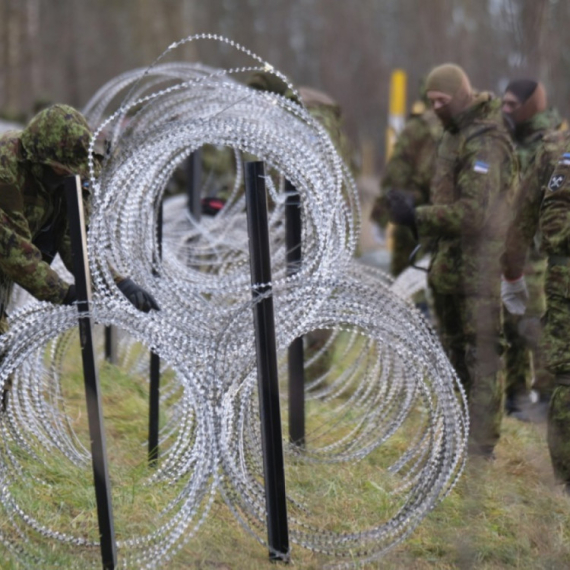

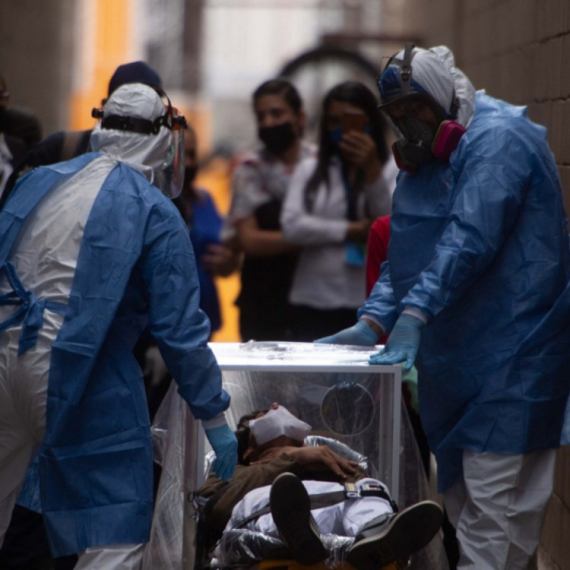
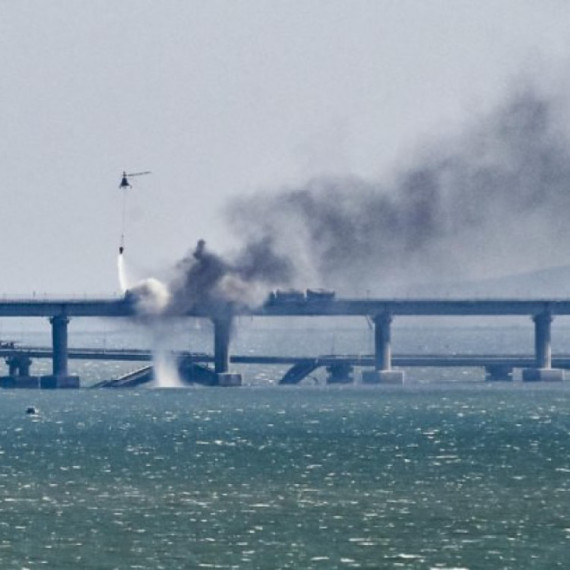



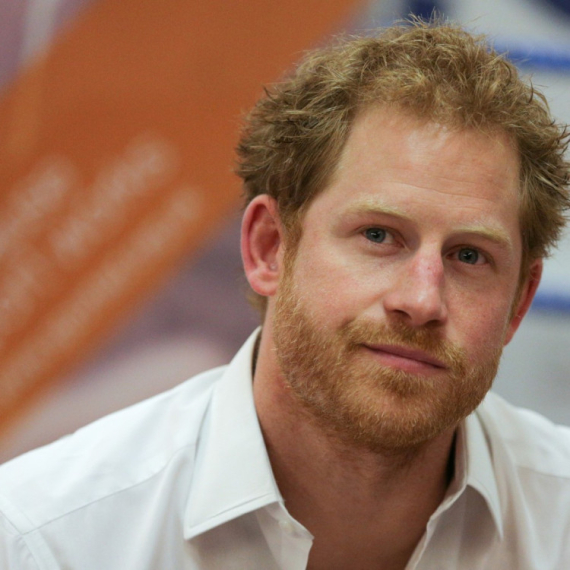































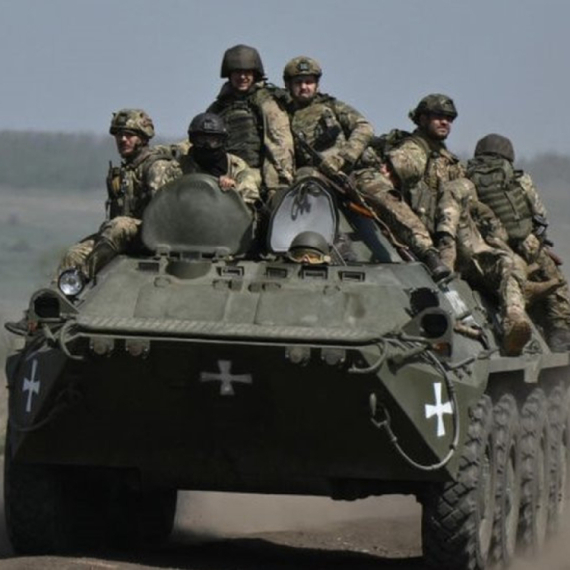

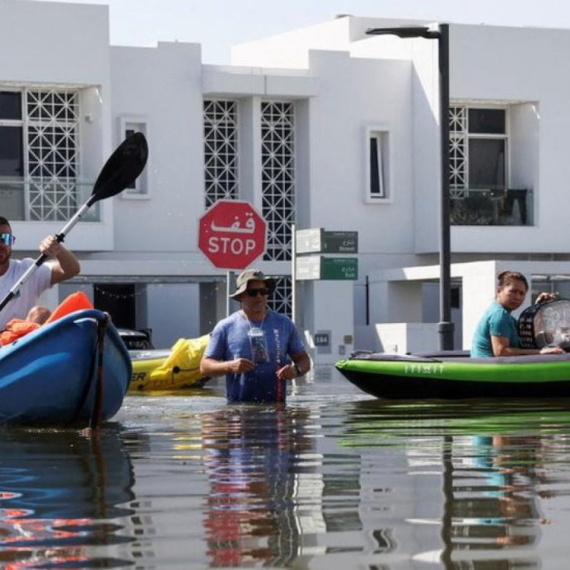



Komentari 4
Pogledaj komentare